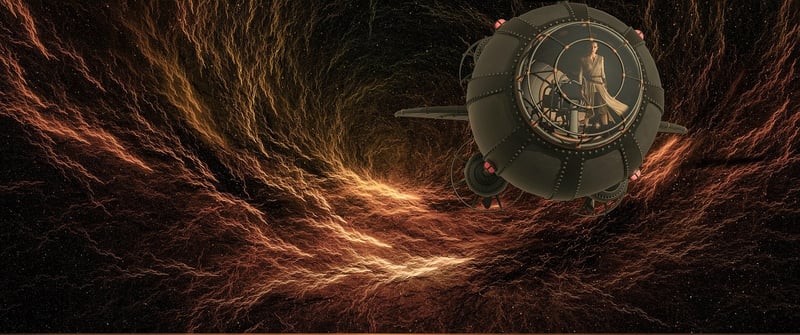Wormhole Travel
The Science Behind Time Travel and Wormhole Travel
Time Travel Explained
Time travel has long been a fascinating concept in science fiction, but is it possible according to our current understanding of physics?
One theory that allows for time travel is Einstein's theory of relativity. According to this theory, time dilation occurs when an object accelerates to speeds nearing the speed of light. Time for that object slows down relative to a stationary observer, leading to the concept of time travel into the future.
Wormhole Travel
Wormholes, also known as Einstein-Rosen bridges, are hypothetical tunnels in spacetime that could create shortcuts for long journeys across the universe.
According to general relativity, wormholes could exist, but they would be incredibly unstable and would require exotic matter with negative energy density to keep them open. However, such exotic matter has not been observed, leading to the speculation that wormholes may be purely theoretical constructs.
Challenges and Limitations
Both time travel and wormhole travel face significant challenges and limitations. The energy requirements for creating and stabilizing a wormhole are immense, and the existence of exotic matter needed to sustain it remains unproven. Time travel into the past is even more problematic, as it raises paradoxes like the famous grandfather paradox.
Conclusion
While the science behind time travel and wormhole travel is fascinating, it remains firmly in the realm of theoretical physics. As our understanding of the universe continues to evolve, who knows what discoveries may one day make these concepts a reality.
Sources:

